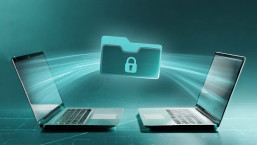Today is World Backup Day, and it goes without saying that backing up data is a thoroughly sensible thing to routinely get into the habit of doing.
Not only does it make sense in case your laptop is stolen, or your hard disk fails, but it also means that you have more options for recovery should your computer become infected with ransomware, a particularly nasty strain of malware. Ransomware encrypts your files and threatens to delete them if you don't pay a ransom within a certain time period. ESET doesn't recommend giving in to ransomware demands for many reasons both ethical and practical (not least because you mark yourself as a possible target for future attacks), but if your files are all safely backed up, you won't even feel tempted to negotiate with them in the first place.
There are plenty of options available for people looking to backup up their data, all with their own pros and cons. In this article we have listed some of your options, but remember: it's best to have more than one backup to be safe. This is particularly true in the case of ransomware. For example, if you back up your computer to an external hard drive, but leave that drive connected when you are not doing backup, some ransomware will try to encrypt those backup filed as well: always disconnect backup drives when the backup has finished.
1. USB stick
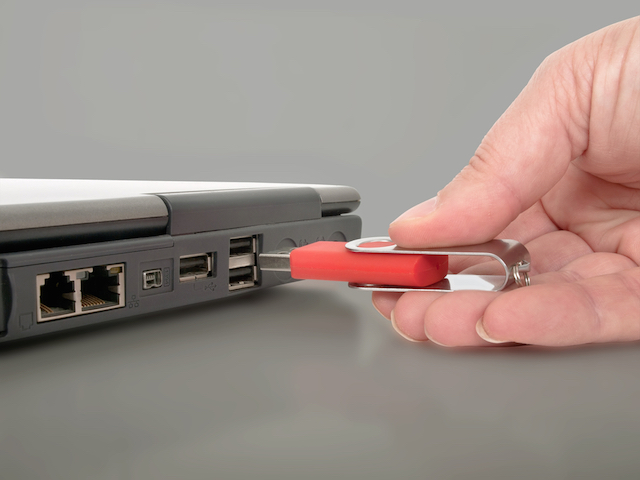
Small, cheap and convenient, USB sticks are everywhere, and their portability means that they're easy to store safely, but also pretty easy to lose. There are questions about the number of read/write cycles they can take, so should be considered alongside other backup methods.
Pros:
+ Extremely portable
+ Very cheap
+ Can easily transfer data to other sources
Cons:
- Portability means they're small and easy to lose
- Questions over read/write cycle longevity
2. External hard drive
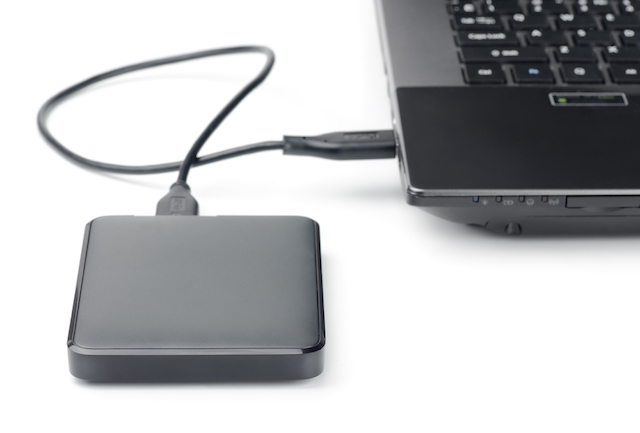
External hard drives are just what they sound like - hard drives that live outside your computer, meaning they can be plugged in to other sources. If using them for backup, it's best not to use them as an 'extra every day hard drive'.
Pros:
+ Relatively cheap
+ Plenty of storage space for larger files
Cons:
- Potentially open to problems which lost files in the first place (a power surge or malware)
3. Time Machine
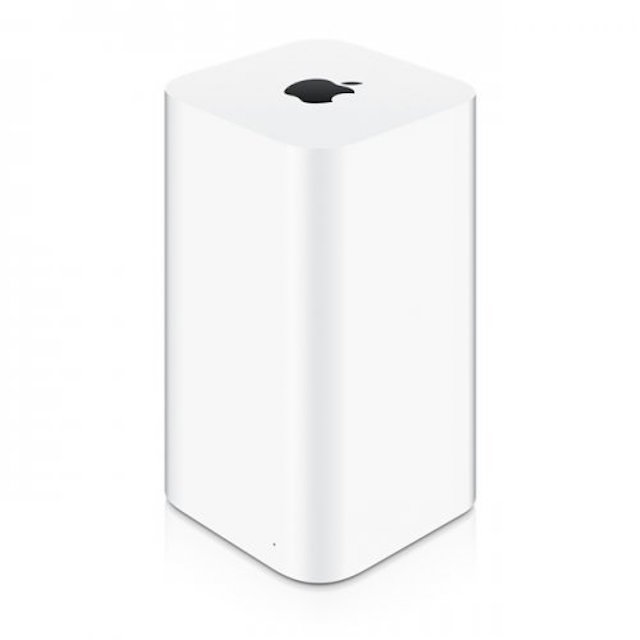
Pros:
+ Automated, meaning you shouldn't forget to stay up to date
+ Frequency of backups means you should never be too out of date
+ Backs up whole drive, not just the key files
Cons:
- Dedicated wireless machine is expensive
- Mac only
4. Network Attached Storage
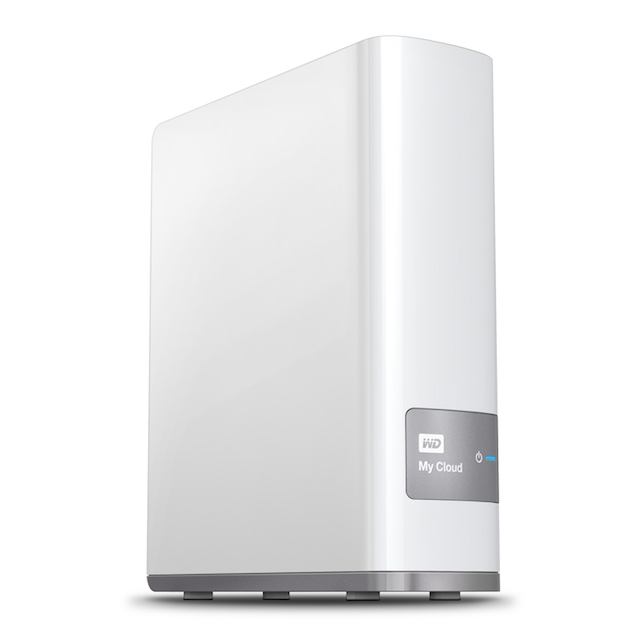
Pros:
+ Automatic backups mean you don't risk forgetting
+ Wireless solutions also work with phones and tablets
Cons:
- Can be expensive
- Can be awkward to set up and maintain
5. Cloud Storage

While network attached storage is essentially your own Cloud Server, there are plenty of third party cloud storage options around: free, paid, or free with paid extras. iCloud, Dropbox, Google Drive and OneDrive are big names, but others are available.
Pros:
+ Can be done automatically
+ A certain amount of space is usually free
+ Device agnostic
Cons:
- Requires an internet connection to work
- You can't account for their security breaches
- Companies aren't obliged to keep these services around forever
6. Printing

At a first glance, this might sound a facetious inclusion. But while considerably less technically advanced, printing offers you a hard copy of your most important documents that will survive power outages, and are easy to store and access even if your computer is out of action for a few days. Of course it's hard to keep documents up to date this way, and it won't work for video or audio files, but for that novel you'd be devastated to lose, it's certainly worth considering.
Pros:
+ A backup that won't be affected by hardware outages or tech headaches
+ Impossible for hackers to access
Cons:
- Impossible for certain file types
- Awkward to manage
- Less practical for longer documents
- Not great for the environment
However you choose to backup your data (and it's smart to consider using more than one solution, at least for your life-or-death files), make sure that you do it. Often people don't think about what were to happen if their valuable files were to be lost, until it's too late. Don't make that mistake, and use World Backup Day to make sure your files are all safe and accounted for.

